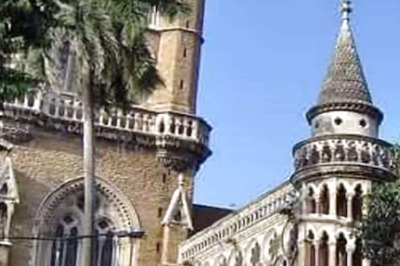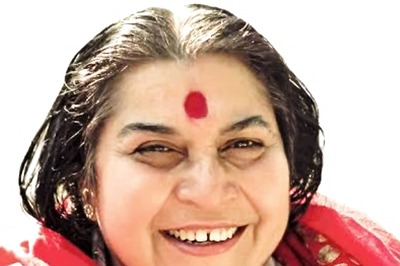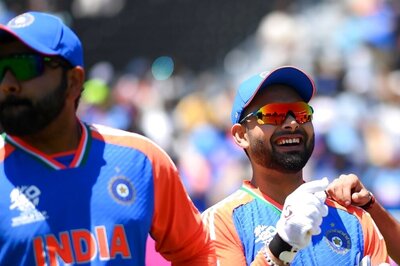
views
The nuns and priests, who work in Christian missionary schools as teachers, will have to pay income tax if the Supreme Court decides against the pleas of several congregations and dioceses from Tamil Nadu and Kerala who have requested for an urgent hearing in the matter.
But why is there a hue and cry now about the nuns not paying taxes?
Several ecclesiastical bodies have challenged the December, 2014 Income Tax department’s order to educational authorities and district treasury officer to deduct TDS (tax deducted at source) from members of religious congregations receiving salaries from the government.
Christian missionaries have argued in courts that nuns who enter “civil death”, and take three vows of celibacy, poverty and obedience, need not pay the taxes. The income they earn is received by the congregations, who submit income tax, if necessary.
The pleas have contended that the IT exemption was being enjoyed by government-aided missionary schools from 1944 till the Union government decided to impose tax deduction at source in 2014.
Key Kerala HC and Madras HC Orders
In 2021, the Kerala High Court had ruled that the concept of ‘civil death’ is “alien to the income tax”, and it cannot be incorporated into a statute book through any kind of interpretation. Article 25 of the Constitution, freedom of religion, does not provide any immunity from taxation on the basis of religion. The canon law cannot precede over the Income Tax Act under any given circumstances, the court held.
The Madras High Court in 2019 held that salaries received by missionaries and nuns of Catholic Church as teachers should be liable to TDS under Section 192 of the Act.
Canon Law and Civil Law
The Kerala High Court said that the tenets of canon law such as a religious congregation has “overriding title over its members”, but cannot prevail over civil law.
The plea in the Supreme Court has argued that those who have entered “civil death” cannot earn an income. While the high court said they cannot “carry on regular activities and enjoy fundamental rights”.
According to the Hindu, “The High Court has wrongly mixed up civil death and suspension of fundamental rights… ‘Civil death’ only means the assessee cannot earn any income and she loses proprietary rights. Civil death does not mean suspension of fundamental rights or to lead a cloistered life. The point is not whether she can practice any profession but whether she does it as a part of charity without earning an income for herself,” countered the special leave petition filed in the Supreme Court.
The 1944 Central Board of Direct Taxation (CBDT) circular had said, “No I-T should be levied on fees received by the missionaries for their services rendered by them, which by the conditions of their service and the rules of their society, they are required to make over to the society”. A 1977 order was on the same lines.
The I-T department, however, asked the educational authorities to effect TDS from members of religious congregations receiving salaries from the government, which was challenged before the Madras and Kerala High Courts.




















Comments
0 comment